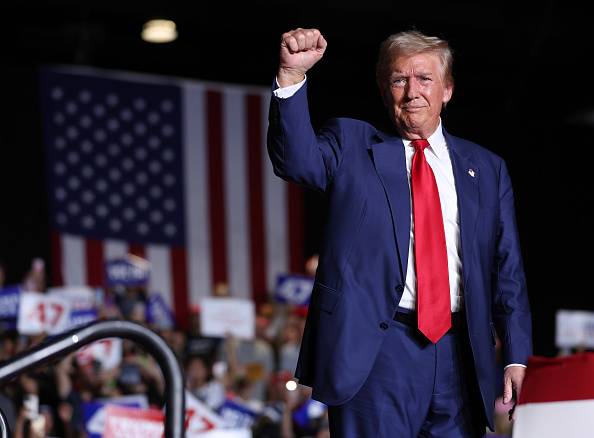Presidential Election Debate: Policy Arguments Are Just the Beginning
The televised debate between the Democratic candidate, Vice President Kamala Harris, and former Republican President Donald Trump appeared to be a series of repeated attacks on each other. Regarding Harris, who was quickly named as the successor to President Joe Biden's candidacy, there were voices that were skeptical about whether she could suitably adapt herself to her situation. However, when the time for the debate came, Trump was on the defensive. At this critical turning point in the campaign, Harris was able to speak with strength and a sense of stability.
According to a public opinion poll conducted by U.S. media outlet CNN, 63% of respondents felt that Harris won the debate, while 37% favored Trump, but they are neck and neck in approval ratings. It is unknown if neutral and swing voters, who could influence the outcome of the election, were a deciding factor in the results.
Eligible voters are particularly interested in economic policy. Harris stated that in order to decrease the cost of living, she would work hard to curb food prices and introduce tax cuts to child-rearing households to lift up the middle class. However, she did not indicate the resources she would use, so part of her argument was unconvincing. While her opponent, Trump, blasted the Biden administration as being responsible for the “worst [inflation] in our nation's history,” he did not give any details about concrete policy measures.
Both candidates were seen evading questions, but Trump told many lies and exaggerated. The most extreme lie was that illegal immigrants are “eating the pets of the people.” His statement is racist and divisive to society, and he should retract it.
Furthermore, Trump's claim about the 2020 election, insisting that he “[does not] acknowledge that at all,” was also shocking. In a debate that drew worldwide attention, there is a strong sense of impending crisis about this situation in which candidates themselves are tarnishing trust in elections, which are the foundation of democracy.
Regarding diplomacy, Trump declared that he would “get the war with Ukraine and Russia ended,” but provided no further explanation. About the situation in the Palestinian territory of Gaza, while Harris supported Israel's right to self-defense, she also urged a “two-state solution.” She also did not touch on any concrete plans. Many eligible voters must be disappointed.
While world affairs are in turmoil, and U.S.-Chinese rivalry grows tempestuous, it was extremely disappointing that there was no deeper discussion about relations with Japan and other allies or the role that the U.S. should assume in the international community.
We hope to see a second debate, although there is a split in opinion between both camps about whether that should happen. Next time, in addition to the substance and effectiveness of policies, we would like to hear an honest discussion about plans to mend the grave divisions in U.S. society.


